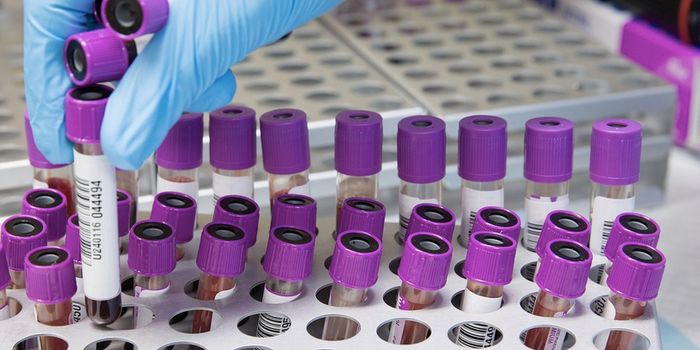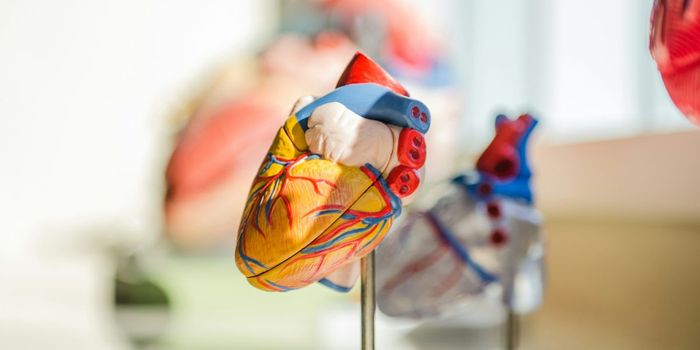Study Explores the Effects of Cannabis Edibles on Driving Ability
Researchers explored the effects of eating cannabis on driving. Most studies have focused on the effects of smoked cannabis, so this study is one of the first studies to examine the impact of cannabis-infused edibles on simulated driving and associated blood THC. The study published in the Journal of Cannabis Research indicated that edibles were intoxicating and had some effect on driving agility.
The study required participants to engage in a simulated driving experience before and after consuming a legally purchased cannabis edible. The researchers analyzed blood samples to detect cannabinoids and metabolites. The edibles contained approximately 7.3 mg of tetrahydrocannabinol (THC). This amount is less than the maximum THC level specified by regulations in Ontario.
The study recorded significantly increased mean THC levels after consuming the edible, but the level remained relatively low 2 hours after consumption.
Compared to the control driving performance, cannabis edibles produced a decrease in mean speed 2 hours after consumption. However, it did not decrease speed at 4 and 6 hours post consumption. The participants completed a secondary task while driving to measure dual-task performance. The researchers did not observe any significant changes in speed after the correction for multiple comparisons.
Another finding indicated no correlation between driving impairment and blood THC. The study showed that edible consumption altered subjective experience for 7 hours. The participants reported being less willing/able to drive for up to 6 hours. Their accounts suggested that the edibles produced an intoxicating effect.
Cannabis edible use has increased since legalization, and the public has become increasingly concerned with the impact on driving ability and alertness. One study found that edible symptoms can be more severe than those from smoking cannabis, and accurate detection of driving impairment can be challenging. The study highlights the need for responsive policy and research investigating edible effects and detection practices.
Source: Journal of Cannabis Research, NORML








